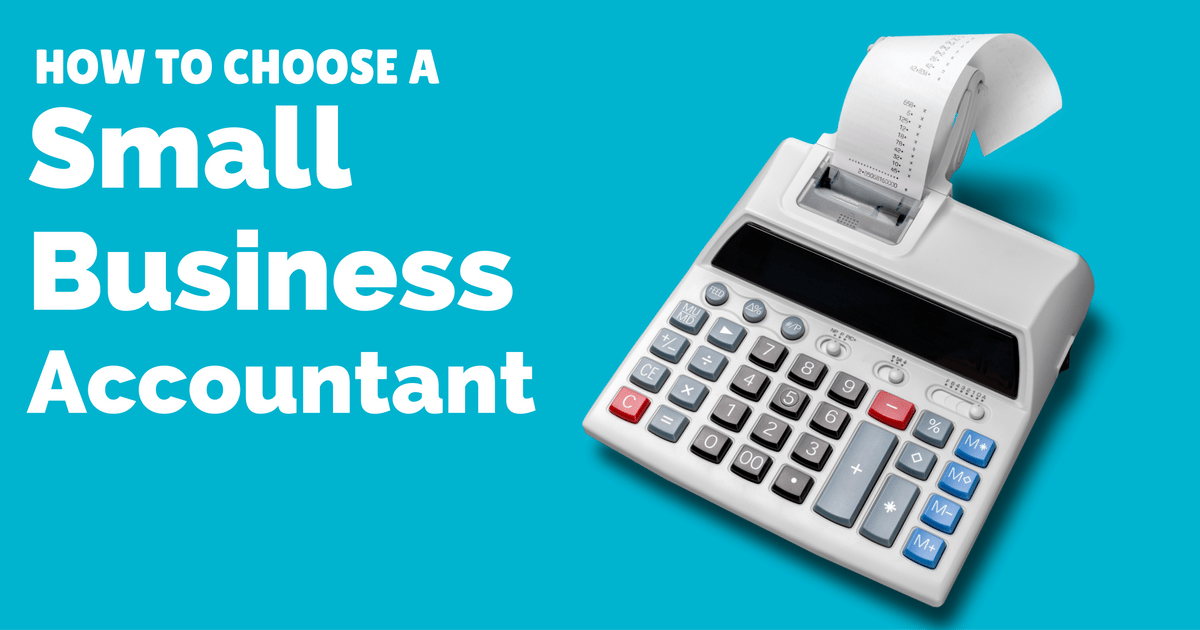Getting help with your accounts is an investment, not a cost. The money you’ll save in time, effort and understanding means that your business is likely to be more successful and more efficient if you get accounting expertise on board. Here’s our quick guide to choosing accountants for small businesses.
Why do I need an accountant?
Having a good handle on your business accounts is crucial to success. You need to know how much you’re earning; how much you’re spending; whether you can make savings in stock, staff, capital equipment and tax; whether you need investment in order to grow, and also make sure that you’re getting the everyday accounts right – making payments, sending invoices, handling payroll, managing workplace pensions and even keeping track of petty cash.
Finance is one of the most important things for your business to keep on top of. And that means it’s a key area where professional help can really make a difference. And you don’t need to pay a fortune to a big city firm; instead, look for a dedicated accountant for small business in your area. There will be plenty, so all you need to do is find the firm that fits best with you.
Working with your accountant
The key to getting this right is not to think of your accountant as someone who just sorts out the figures, but as someone who can help you with problem solving. Small business accountant firms have a huge amount of commercial expertise and as well as handling your tax affairs and VAT returns, an accountant can help you to plan for the future, budget for business development and give you a wide range of valuable advice. Talk to other trusted local businesses about who they use and who they recommend – when it comes to your business finances, you need to be absolutely sure you are happy with the professional services you are using.
Things to consider include:
- How hands on is the firm? Are the proactive in keeping in touch regularly?
- Will you have a dedicated accountant or client manager?
- What are their costs, what do these costs cover and what sort of contract is there?
- Can you add services or expand or decrease the services as you need to?
- What added value can they offer – workshops, business tips, training courses?
- How do they keep up to date with changes to legislation? How do they keep you up to date?
- Is the firm properly accredited and regulated?
- Does your accountant have the right qualifications?
- Can the firm supply references and clients for you to talk to?
What will they want to know?
The first thing an accountant will do with a new client – and possibly before they even pitch for your business – is to find out what you already have in place. They will almost certainly ask to see your business plan and will want to see how you currently manage your accounts, including payments, invoicing, payroll, debt recovery, capital expenditure and more.
What about everyday finance admin tasks? Are you using an outsourced bookkeeping service? If not, you might want to consider hiring a virtual assistant, which is a cost-effective alternative to asking your accountant to take on this task too. Virtual assistants create more time for you to spend on your business and are used to working with you and your accountant to make sure your financial information is up-to-date, accurate and in a format your accountant can work with. For more information on this see our blogs on, the benefits of outsourced bookkeeping services and which solution is best for small business bookkeeping help
Virtual assistant bookkeeping services can also have access to whichever accounting software you use so that everything is being handled efficiently and effectively. There are many small business accounting packages available, including Quickbooks, Xero, FreeAgent and SageOne. If you don’t currently have a system in place, it’s worth looking for one – it will save you time and money. If you need help with that see our blog on how to choose the best small business bookkeeping software.
Your accountant will also want to know about your products and services, your suppliers, the costs associated with your business, the marketing channels you use to get your product or service to customers, the cost of your facilities and utilities, your sales plan and any other details that affect the finances of the business. You will need to tell them about any business loans you have taken out, or any other investment models you’ve used.
A valuable team member
When you find a proactive, engaged and experienced accountant, your business planning becomes easier, your financial worries and queries can be answered, and you can concentrate on growing your business with confidence. Those who put off working with accountants for small businesses can quickly get into trouble – with no expert advice to help them out. View your accountant and your financial admin support as part of your team, and your business has some of the critical experience in place to help it go from strength to strength.
If you’re short on time and need help with your daily finance tasks, why not consider using our virtual pa and bookkeeping services or if you would like to know more about our other virtual employee outsourcing services feel free to call us on 0800 994 9016 or use our contact form in the menu above.

